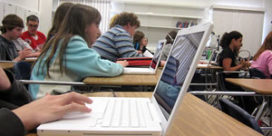Nonprofits, Schools Can Receive Free AT&T Wireless Internet Service, Mobile Wi-Fi Hotspots for At-Risk K-12 Students
Connected Nation (CN) is launch today an online application for the AT&T K-12 connected learning program, which is focused on ... Read more







